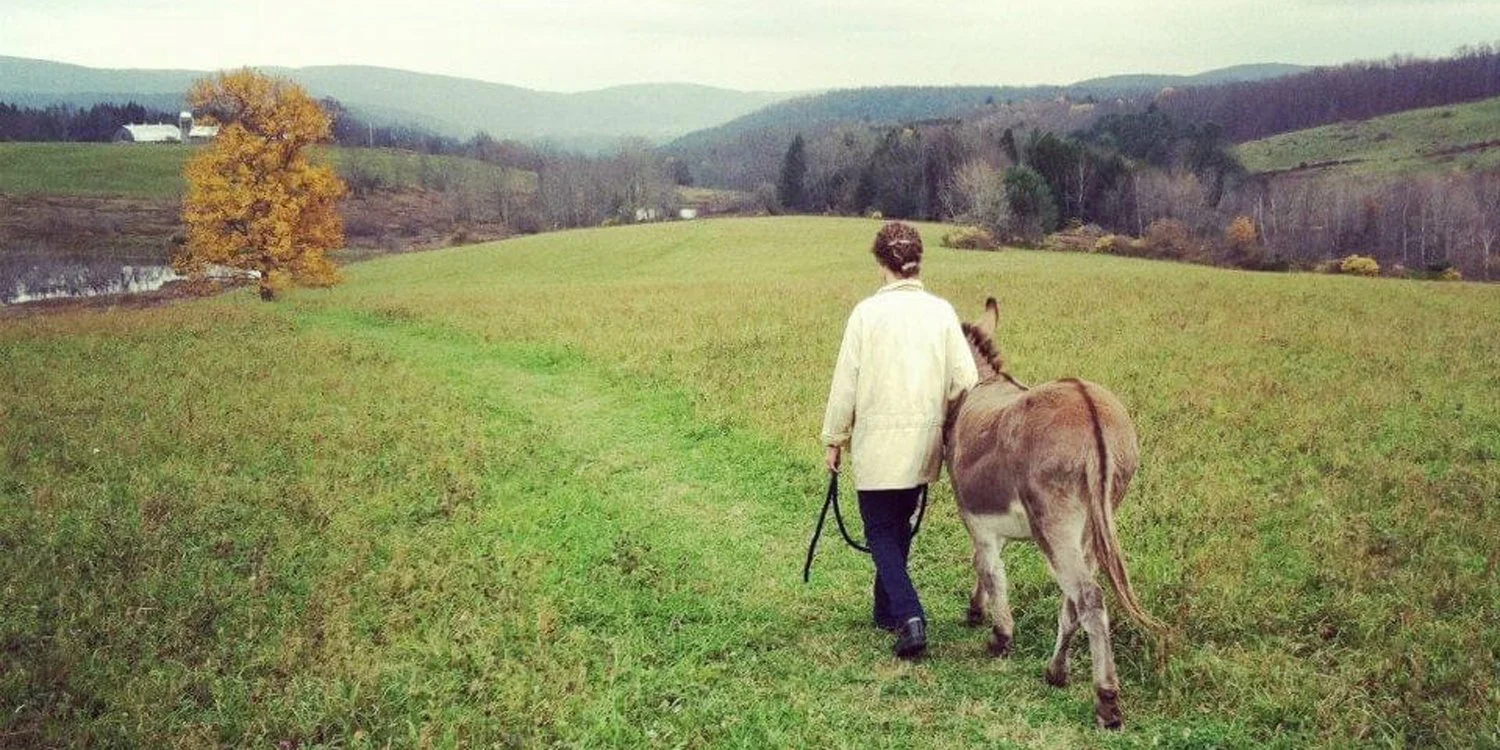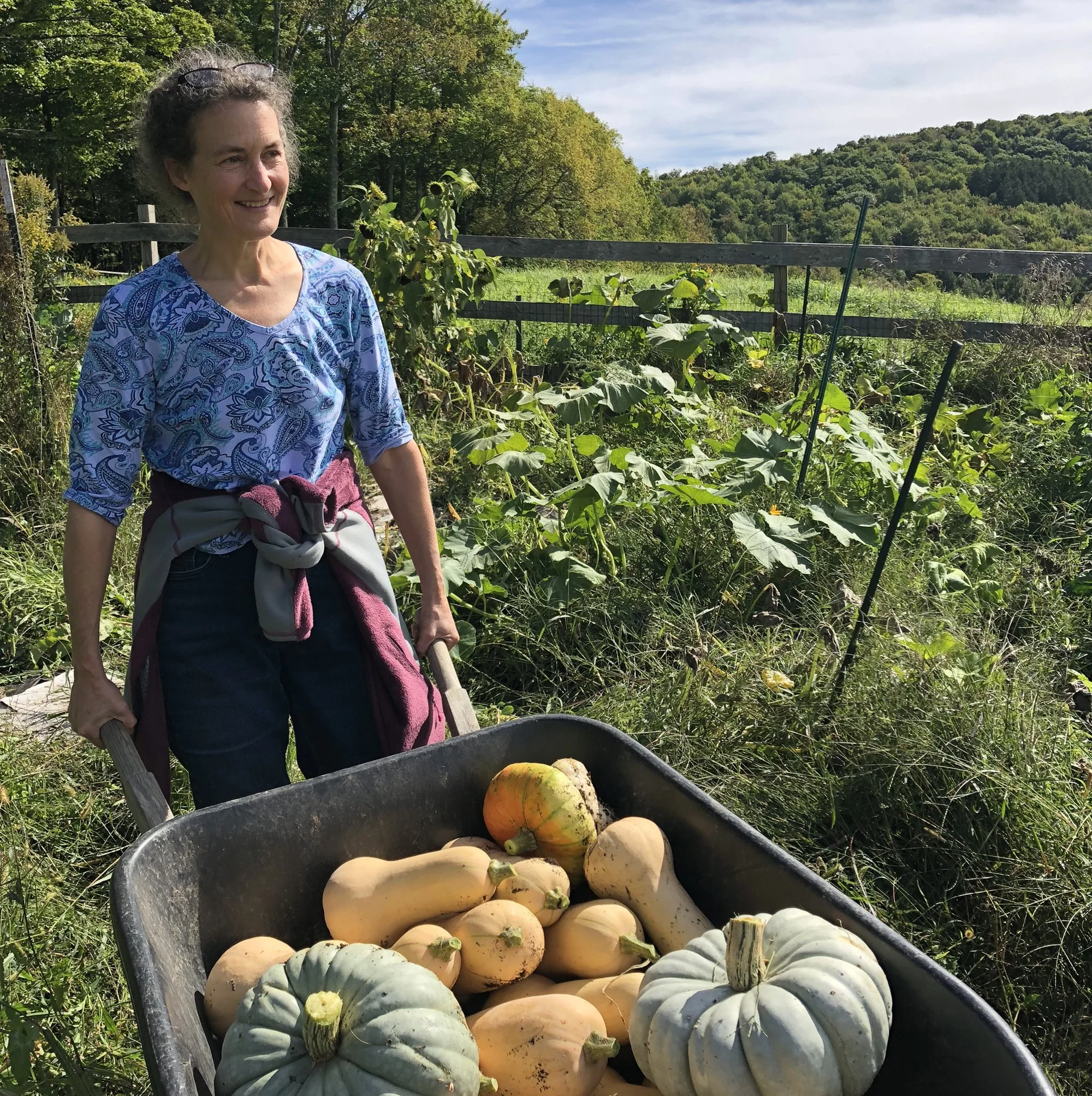ABOUT
Rebecca Weil writes about connections within the natural world and our human lives. Recent writing is published or forthcoming in One, Autumn Sky Poetry Daily, Emerge Literary Journal, Humana Obscura, River Teeth’s Beautiful Things, The Journal of Wild Culture, and Phoebe: A Journal of Literature and Art, in which her piece “Old Friends” was a finalist in the 2024 nonfiction contest. In addition, her poem “Hair Thief: Kleptotrichy” was a finalist in the 2023 Seneca Park Zoo Nature Poetry Contest for emerging poets. She is the author of the award-winning nonfiction book Bring Me the Ocean, written while she was the executive director of The Nature Connection.
Weil lives in Upstate New York and worked for many years in nature-based education and therapy, occupational therapy, community service, and public health research. Weil holds a master’s degree from Tufts University in occupational therapy. Returning to writing in her sixties, Weil draws her poems and essays from listening to the stories in nature. She is at work on a collection of essays and poems.
. . .
Writing Thoughts
My writing traces relationships and conversations within the natural world; the human and more-than-human. Each day, when I go to the barn, there are moments that give me a chance to pause. I am curious how a wood frog’s heart stops beating in the winter and then thaws and restarts in the spring. I think about human loss, mine and others. I ask what the donkeys or coyotes seem to be saying. I explore listening with more than my ears to what’s around me, how observations or questions may inform my life and the way I make sense of human challenges. I cannot live in constant despair for the world; finding beauty and simple joy in the barn, garden, or the wild is a way to balance this, a solace.
Nature has been a constant part of my life. Growing up, I spent more time outdoors than inside. My mother is a teacher, poet and artist. Through her work, she showed me how everything has a story; the stone in my hand has a story: of its origin, of time and place. Interpreting these moments helps me find renewed connection.
When walking with the old horse one night, I saw how the darkness of the path showed me the way through the field. We may think light guides our way, but there are times when the darker night provides direction. When listening to the ruffed grouse drumming their wings, I realized I was hearing their sound with more than my ears, their sonic sound waves reached my bones. Everything can take a different shape and change depending on the moment and on our perspective.
Engagement with questions bolster me: poetry and essays rise from these moments and become a way of holding wonder and exploring loss and life. We are part of nature. It feels vital to speak to the joy and beauty and the power of it, especially as we work toward healing the planet. Connection with nature feels elemental and essential: awareness of the cycles, patterns, and seasons in nature give me context and circadian reassurance even when things are difficult. In a time when knowing what is real is becoming harder, the natural world reminds me of what is tangible and true.




